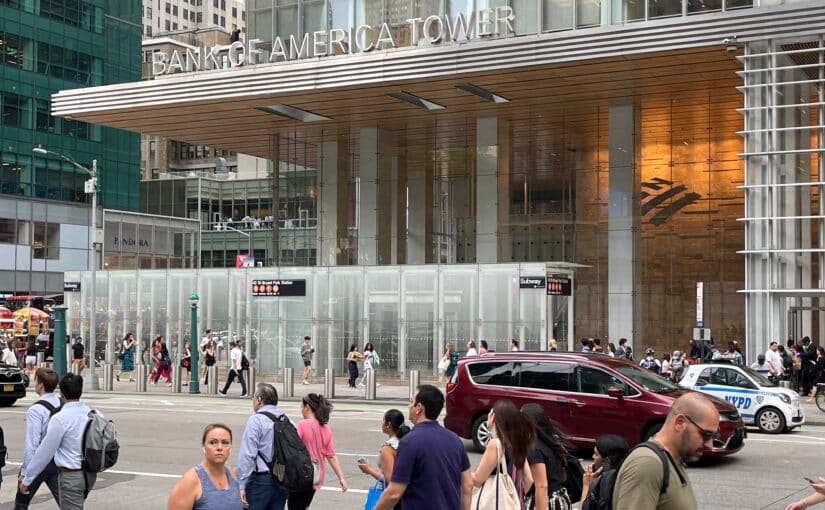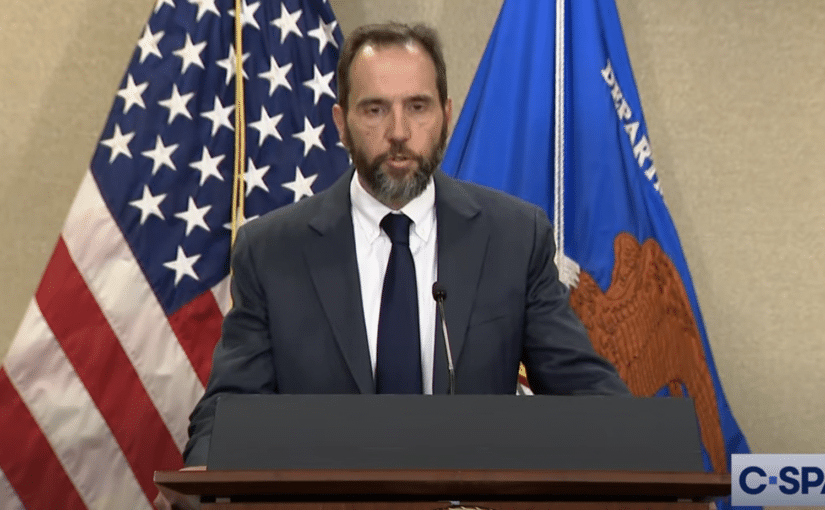by Barbara Nevins Taylor
Citigroup’s $7 billion dollar settlement comes long after many homeowners hurt by bad banking practices and their own optimism lost their pride, their homes and the sense that they can invest in the American Dream.
For years, I reported about homeowners who signed up for mortgages they couldn’t afford with interest rates that would ultimately sink them. They borrowed from Citi and practically every other bank you can name. Often these deals were done through mortgage brokers and no one seemed to care about the long-term consequences for the new homeowners. They practiced mortgage fraud, and got away with it for a long time.
The story of a man name Jeffrey stays with me. He bought a house he couldn’t afford in Brooklyn and began to renovate it. Pretty soon, his work on the home pitched him deeper into debt. When he approached a mortgage broker about refinancing, the broker suggested that Jeffrey, whose credit was bad, get a straw buyer to take a mortgage for him. In other words, he asked Jeffrey to turn over the deed to someone else and ask that person to get a new mortgage.
Jeffrey asked a waitress at the diner where he had breakfast every morning to help him, and the 22-year-old agreed to apply for the loan.
There was no way that she qualified for a mortgage. She made the minimum waitress wage at the diner and tips. She told me she didn’t earn more than $24,000 a year. Yet the paperwork went through and she got the mortgage. The broker took a big chunk of the cash that came with the refinancing and the lawyers involved received their fees. The young woman never made a payment and found her credit was ruined. Jeffrey couldn’t pay the mortgage and he faced the real prospect of losing his home.
I met Jeffrey after the home went into foreclosure. When I called the bank involved and asked how a loan like this could ever have been made, I was told, “It’s our business model.”
That’s the same model banks big and small used, because whether a man like Jeffrey or a young woman like the waitress could repay the loan didn’t matter. Banks made the mortgages quickly and just as quickly bundled them and sold them as securities. If anyone looked at the paperwork, they would have discovered that many individual borrowers couldn’t possibly repay their loans.
So now here we are years later, and the Citi $7 billion settlement hits home. The bank takes responsibility for packaging, securitizing, marketing and selling residential-backed securities and misleading investors before January 1, 2009.
The court papers include internal emails like this one where a Citigroup trader stated that he “went through the Diligence Reports and think[s] [they] should start praying . . . [he] would not be surprised if half of these loans went down. . . It’s amazing that some of these loans were closed at all.”
The settlement requires Citigroup to pay $2.5 billion to help consumers hurt by the bank’s practices. This will include:
- Loan modifications.
- Refinancing for distressed borrowers.
- Down payment and cost assistance to others.
- Donations to organizations assisting communities to develop affordable housing or rehabilitate existing buildings.
Attorney General Eric Holder said, “This historic penalty is appropriate given the strength of the evidence of the wrongdoing committed by Citi. The bank’s activities contributed mightily to the financial crisis that devastated our economy in 2008. Taken together, we believe the size and scope of this resolution goes beyond what could be considered the mere cost of doing business.”
In addition to money for consumers:
$4.5 billion will be paid to settle federal and state civil claims including $102.7 million to settle claims by the state of California, $92 million to settle claims by the state of New York, $44 million to settle claims by the state of Illinois, $45.7 million to settle claims by the Commonwealth of Massachusetts, and $7.35 to settle claims by the state of Delaware.
This settlement is part of the ongoing efforts of President Obama’s Financial Fraud Enforcement Task Force’s RMBS Working Group, which has recovered $20 billion to date for American consumers and investors.
Tell us your story. We want to continue to report about what happened.



